You're Here Because You Want to Level Up Your EQ
Paul Chiames, a specialist in leadership and human resources, gave a talk to the elementary schools in our district called "The Courage to be Emotionally Intelligent" - that gave me hope that we are all starting our journey as an entire district on the same page... and it brought out the brain-loving geek in me.
But if you didn't know it already, you're here reading this blog right now because you're curious, and as I've mentioned, your brain's behavior is based on either avoiding or getting something (or both) and you clicked on this because you crave a higher EQ!
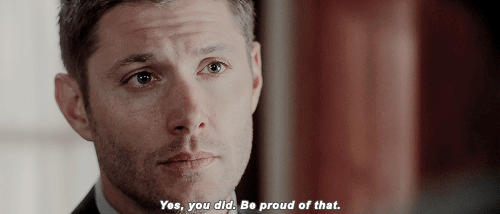 |
| If you don't believe me, believe dear Jensen. |
I hope it's okay with Paul for me to share what I learned, because he truly inspired me to keep doing what I do.
My 3 favorite points from his talk...
1. Optimism is a powerful counterattack against our own wiring.
Chiames' inspirational twist on an old truism for promoting optimism was simple:
"The grass is greener where you water it."
 |
| Opposite of optimism in gif |
To translate this into brain terms, we cog-neuro-psych types like to say this:
"What fires together, wires together."
If you are trying to change your brain, you're rewiring it. If you make a conscious effort to notice, then change the way you perceive situations that bring you down, you're actually changing your brain's neural connections to disconnect from old patterns and build in new ones. Which is ridiculously cool. Trust me, I'm a cognitive-scientist. 😆 Well, officially I'm a counselor. So..... it's close.
So, for example, when I am sitting in a long, boring meeting in which no one is speaking to anything that has any relevance to my job whatsoever--I have a choice. I can:
- sit there and train for the Guinness World Record for 'Most Amount of Eyerolls'
- send my friends memes under the table about how stupid work is and let boredom slowly eat my soul; or
- take this opportunity to work quietly on a bunch of plans for my actual job or move around my savings account in attempts to work towards that fabulous dream vacation.
All are ways of coping with my irritation that I am yet again idle at my job, but one is more productive towards my possibilities and therefore, optimistic. When I fire my productive neurons, that "what can I do now?" group of homies, it's like flexing a muscle - it gets stronger. Which is encouraging in the face of that 5x as reactive fear center!
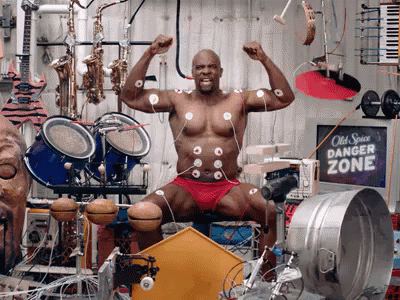 |
| if my neurons were Terry Crews |
A practical tip he gave: the "I am" activity:
For 5 minutes, write down as many "I am..." sentences of what you want to be 5 years from now. This forces your brain to wire itself toward looking for the possibilities.
2. Identifying your own emotions is the key to unlock relationships.
 |
| also added bonus learning: this is how a key works |
Only 30% of us can identify an emotion when it's actually happening to us. 1 in 3. We don't get how we're feeling most of the time, but it determines SO much of how we interact with the world... that's fricken wild.
 |
| ...but which ones?!?!? |
I'm not talking about when you get a present on Christmas or when you watch a scary movie. When you're out in the world, how often do we give attention to "how am I feeling right now?" Like basically none.
This comes down to our wiring again. Emotions have their core in the amygdala (uh-mig-dah-lah) (I did that pronunciation spelling myself I'm so proud) and it runs on AUTO pretty much all the time, so it can use as little battery as possible.
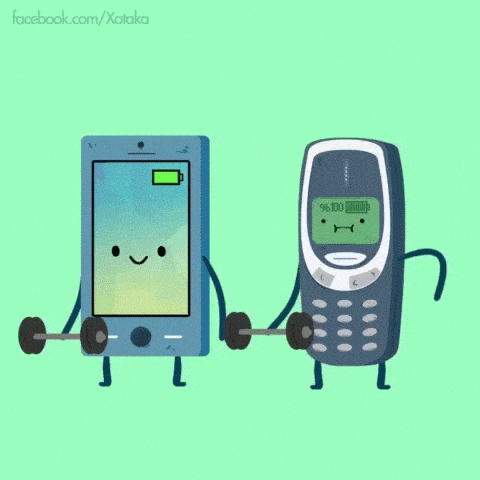 |
| Good ol' Nokia. Like your amygdala, it'll never run out of juice |
If you're able to identify your own feeling In The Moment, especially difficult ones such as fear, anger, disappointment, sadness; you can cycle out of them as fast as 45-60 seconds.
Obviously this is different for disorders such as anxiety and depression, which are chemical imbalances (think "injuries" for the brain). But this is incredible news. The more we practice naming our emotions, the faster we can channel them to make the choices we want to make, instead of letting them choose for us.
And if you can identify your own feelings, you can own your behavior.. Then you'll be able to take on dealing with other people way, way more effectively.
3. Knowing yourself means knowing your biases.
This is a tough one.
He said something that really intrigued me: we process people in our "tribe", our friends, family, favorite celebrities (remember, projection makes them part of us!) in one part of the brain... and we process strangers and unknowns in another!
Your brain is physically separating who you consider to be part of your tribe, and because of that, they are processed with different rules. Chiames said this:
"When someone is your friend (or that someone is yourself), you judge them based on intention.
When someone is unknown, you judge them based on their behavior."
 |
| queen of judgment |
Let that sink in a second.
If it's your friend or yourself, you'll make reasons for 'why' they do what they do; if it's a stranger, a smile could mean anything from a fake attempt at kindness to a straight up threat.
You know your friends and your family better than strangers, obviously, so this is going to come naturally to you. However, these biases also keep us from 1) judging our tribe accurately and logically, and 2) understanding people we don't know or with whom haven't had much exposure. This is why we are so susceptible to fake news and racism - we see (biased reporting on) the behaviors of others and it's easier to make judgments about their character from a distance.
Practical tip: take the Harvard Bias Assessment here.
The more you know about yourself, the better you'll be able to work to counteract them.
DAMN. So excited for the things to come. I know this was more fact/brain heavy than my previous ones.. trying to find a balance. I love the input and I love the love I've been getting on social media! Thanks everyone, you make this chaynosaur sooooo happy. 😀
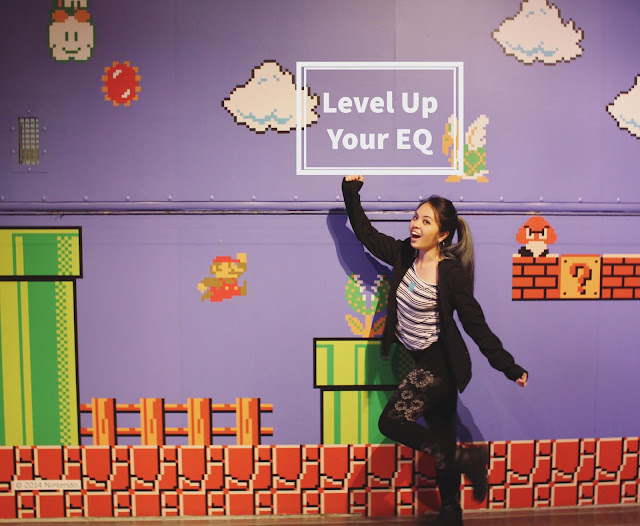

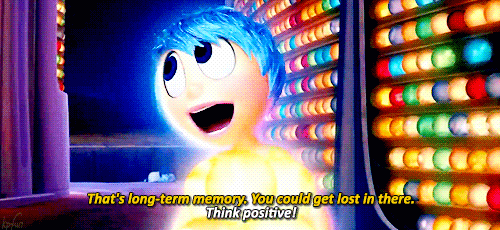




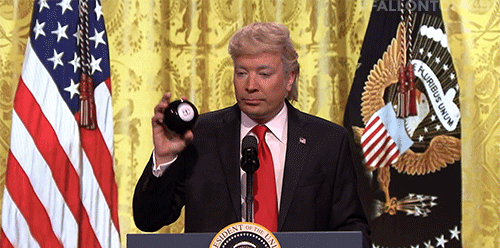
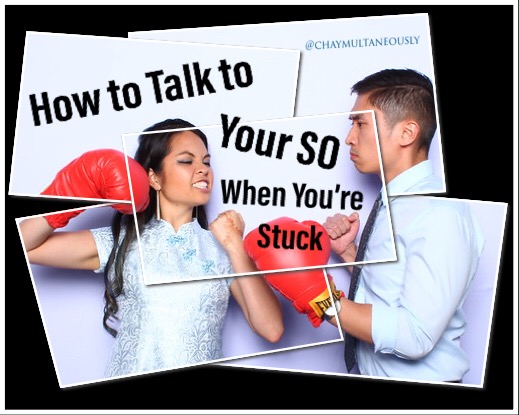
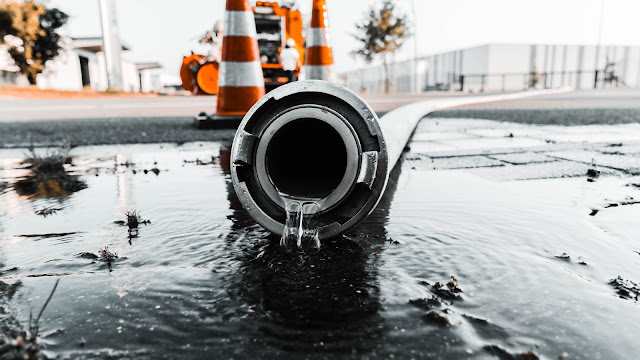
Comments
Post a Comment